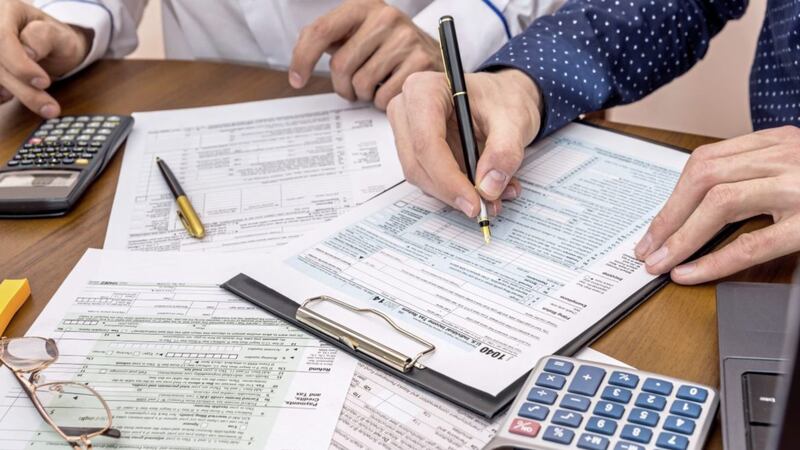QUESTION: How do I know if I need to file an income tax return to HM Revenue & Customs in January 2019 and if I need to, how do I go about doing this?
ANSWER: The most wonderful time of the year is fast approaching - self-assessment season.
Between Christmas present shopping and social commitments during the last months of the year, you might not feel you have the time or energy to spend filling out a tax return.
At the same time, it's better to check if you need to register with HMRC now so that you don't have to rush it in the New Year or incur penalties for late registration or tax return filing. If you're new to self-assessment or not sure what you need to do, here's a reminder of the stages of the process and the main deadlines to remember.
The idea behind self-assessment is that it gives you, as a taxpayer, the responsibility of assessing your income and paying the right amount of tax to HMRC. This means it's up to you to find out if you need to complete a self-assessment tax return. You'll need to send a return if, in 2017/18, you had:
• income from self-employment amounting to more than £1,000
• more than £2,500 from renting out property after allowable expenses
• more than £2,500 in other untaxed income, such as tips or commission
• income from savings or investments of £10,000 or more
• income from dividends from shares of £10,000 or more
• profits liable to capital gains tax.
You may need to complete a return if you were a company director and a tax return is always required if you claimed child benefit in circumstances where you or your partner's income was over £50,000.
You can find a full list of circumstances in which you'll need to file a return on the Government's website.
There are a few different deadline dates to keep in mind, which depend on whether you're filing online or on paper. For returns relating to the 2017/18 tax year, the deadline is October 5 2018 to register for self-assessment. If you've missed this deadline or any others in the process, it's best to speak to HMRC as soon as possible. The deadline is 31 October 2018 to file a paper tax return and January 31 2019 to file an online tax return. The deadline for paying any tax you owe is also January 31. Your tax bill will include any tax you owe for the 2017/18 tax year, as well as your first payment on account towards the 2018/19 tax year, if you are self-employed.
Before you begin to complete your tax return, take some time to get all your paperwork together. This includes all records of income and expenses, so if you're self-employed you'll need your invoices, bank statements and receipts, as well as any VAT or PAYE information. In the event HMRC decides to check your tax return, you may need to show them these records, so make sure you keep your records even after you've sent your return. You'll also need your unique taxpayer reference (UTR) to hand, which HMRC will have sent to you when you registered for self-assessment. Using this information, you'll be able to use the HMRC self-assessment online service to complete and submit your return. If you believe that you might be entitled to claim tax relief in respect of any of your income or business activities you should discuss your tax position with your accountant or contact HMRC directly to ensure that you are not self-assessing your income incorrectly and overpaying tax.
HMRC statistics show that around 745,588 returns were filed late for the 2016/17 tax year. Start well in advance to make sure you don't end up facing a fine for late filing this year. There's an initial £100 penalty if your return is up to three months late, but this will increase the longer you leave it. You could also face additional penalties if you pay your tax bill late.
:: Janette Burns (j.burns@pkffpm.com) is associate director at PKF-FPM Accountants (www.pkffpm.com). The advice in this column is specific to the facts surrounding the question posed. Neither The Irish News nor the contributors accept any liability for any direct or indirect loss arising from any reliance placed on replies.








